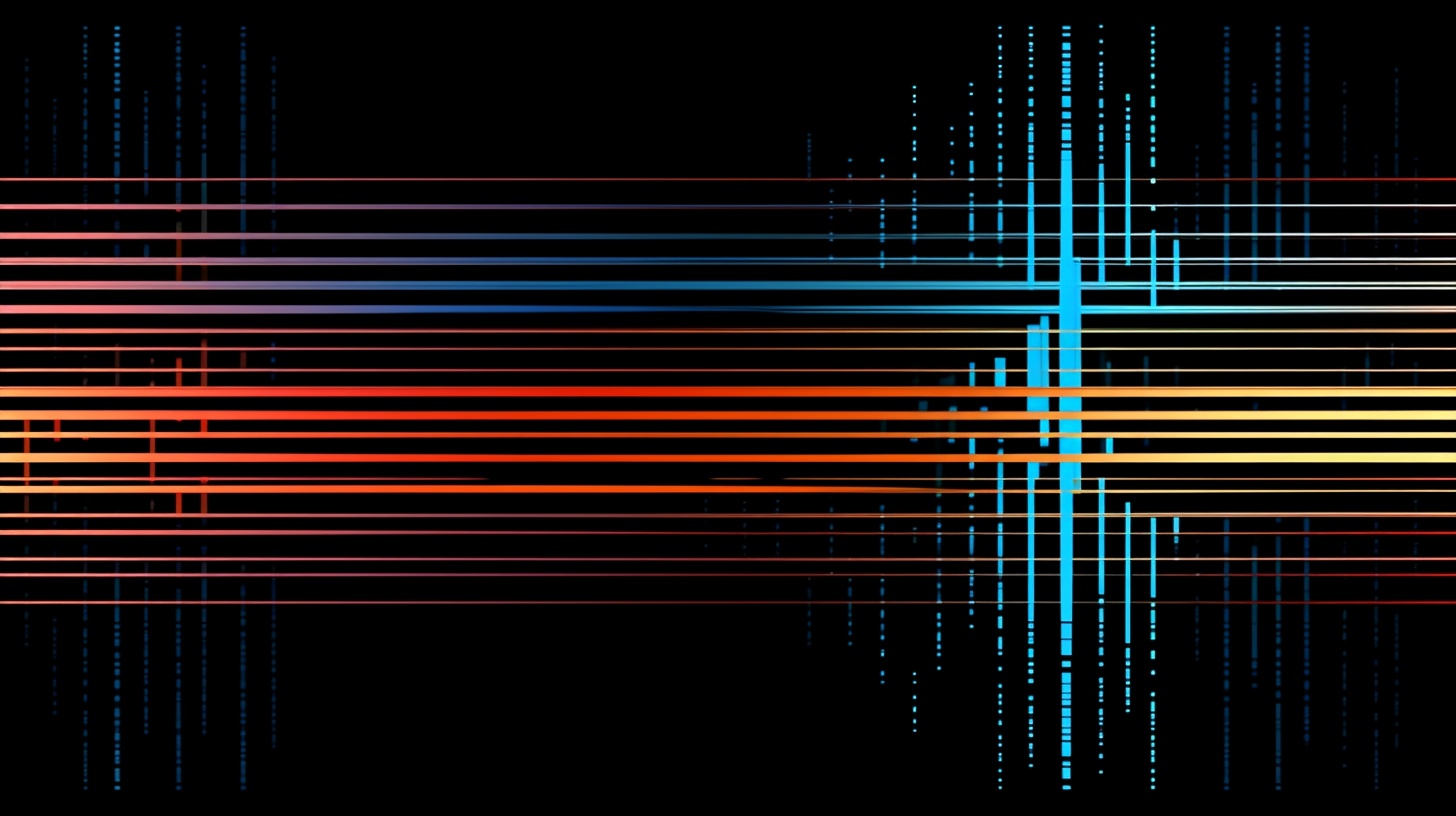Publishers join forces to demand billions in royalties from chatbot providers

Update July 24, 2023:
According to a report from Semafor, Diller's company, IAC, has rounded up the New York Times and Axel Springer, among others, in a group of publishers seeking significant royalty payments from chatbot providers and a possible lawsuit against AI companies that use publishers' training data without consent.
A critical issue, he said, is the loss of website visitors when they consume a publisher's content in a chatbot. This is related to the prior use of publisher content to train the chatbot.
Publishers are determined not to give away their content for free, as they did at the beginning of the search and social media era. Tech companies also don't want to be responsible for media bankruptcies and be accused of undermining democracy. So there is a fundamental interest in talks between the two sides.
But he says the tech companies are more interested in tens of millions in compensation, while the publishing group organized by Diller's company is eyeing billions.
"Search was designed to find the best of the Internet," says IAC CEO Joey Levin. "These large language models, or generative AI, are designed to steal the best of the Internet."
So an escalation of the conflict, even in court, is still possible. Publishers are currently awaiting a verdict in a lawsuit in which an AI legal advice solution is being sued for unauthorized use of content from legal search platform Westlaw.
Original article from July 17, 2023:
Generative AI is "overhyped," claims media mogul Barry Diller, but he's suing anyway
Media mogul Barry Diller announced plans to file a lawsuit with a group of leading publishers over the use of published works to train AI systems.
Diller believes that generative AI is overhyped, "as all revolutions that are in the very beginning," but also harmful to the publishing industry because AI systems are ingesting large amounts of copyrighted content under the fair use doctrine. Diller says legislation or litigation will be needed to protect publishers' copyrights eventually.
It is, it will be, long-term catastrophic if there is not a business model that allows people professionally to produce content. [...] Right now, the revenue share is zero. So, what percent of zero would you like today? I mean that’s rational, but it’s not the point. The only way you get to the point is protect fair use. In other words, protect the copyright.
Barry Diller
Microsoft CEO Satya Nadella and OpenAI have previously signaled that they're willing to give publishers a cut if their chatbot systems are successful, but they haven't announced any concrete plans yet.
Nadella said Microsoft wants to drive more traffic to publishers through its new Bing and Edge chatbot search, with ad revenue sharing as one of the company's goals. With chatbot answers potentially replacing clicks on search results, Microsoft plans to redirect traffic to in-depth sources with chatbot citation links and "learn more" prompts.
OpenAI is also open to feedback, the company said before. Its website crawling plugin, which allows ChatGPT to read website content, allows publishers to block the crawler from using their content directly. The company recently disabled the plugin because ChatGPT was able to render content behind paywalls in some cases. OpenAI said it wanted to "do right by content owners," which seems a bit ironic after using their content for AI training without permission.
First discussions between AI Tech and publishers
OpenAI, Google and Microsoft are reportedly in early-stage talks with major publishers, including News Corp, Axel Springer, The New York Times and The Guardian, about using news content to train AI models and in chatbots.
Dealing with copyright is the greatest challenge: Tech companies are reportedly willing to pay millions to use content legally. One possibility being discussed is a content subscription model. In this model, AI companies pay publishers for access to their content.
OpenAI recently announced a partnership with the Associated Press to license portions of the AP News Archive to help train AI.
AI News Without the Hype – Curated by Humans
As a THE DECODER subscriber, you get ad-free reading, our weekly AI newsletter, the exclusive "AI Radar" Frontier Report 6× per year, access to comments, and our complete archive.
Subscribe nowAI news without the hype
Curated by humans.
- Over 20 percent launch discount.
- Read without distractions – no Google ads.
- Access to comments and community discussions.
- Weekly AI newsletter.
- 6 times a year: “AI Radar” – deep dives on key AI topics.
- Up to 25 % off on KI Pro online events.
- Access to our full ten-year archive.
- Get the latest AI news from The Decoder.